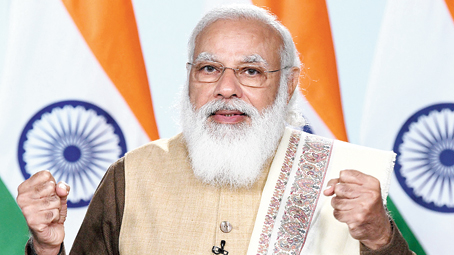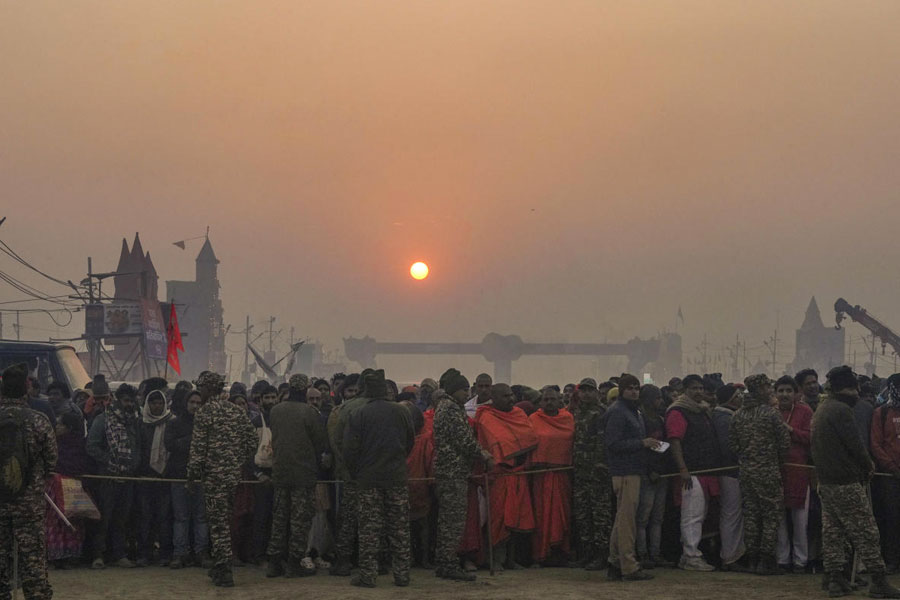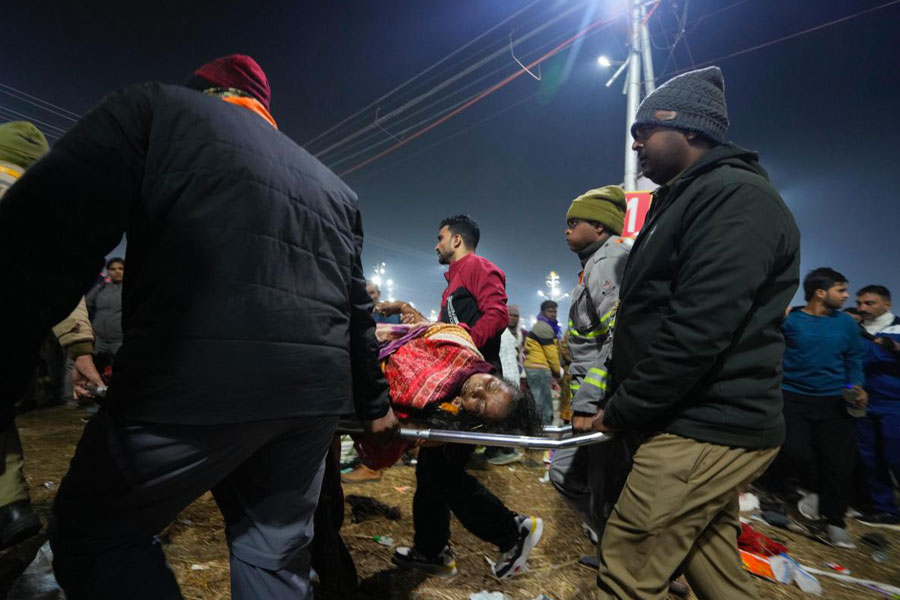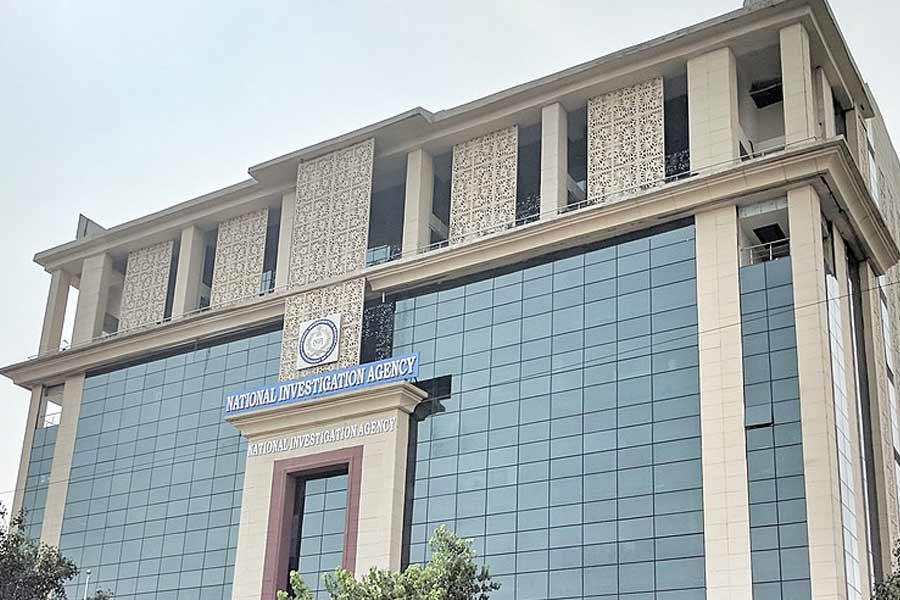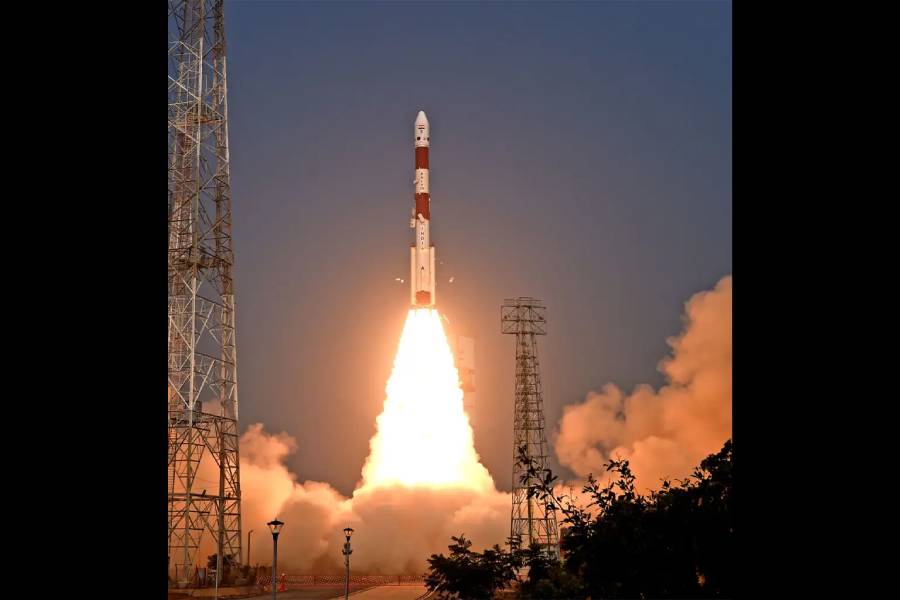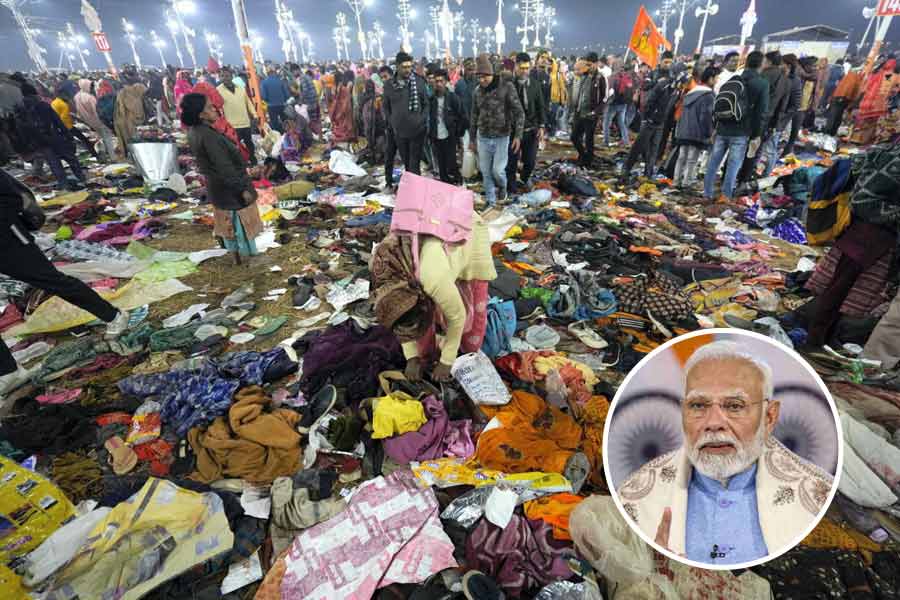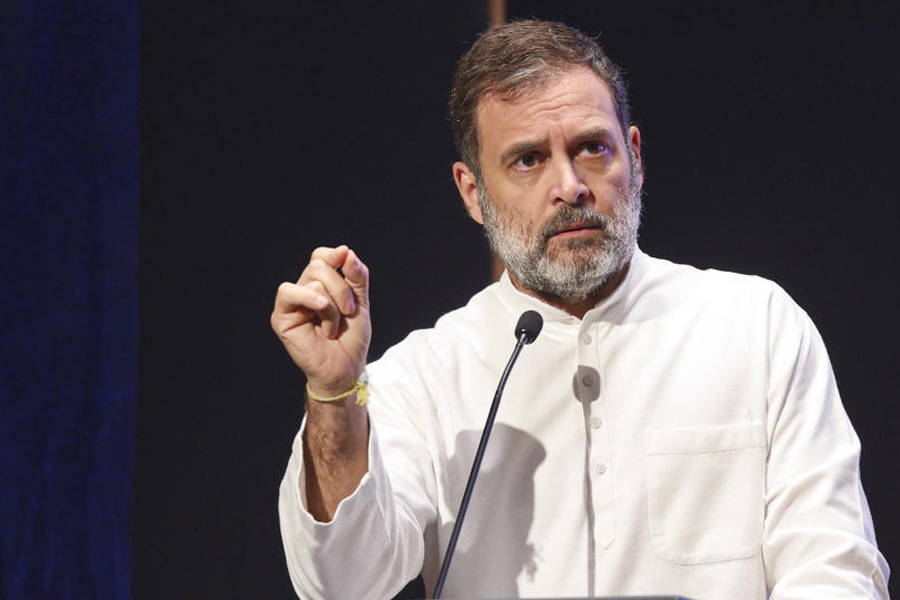The Centre has primarily agreed to a proposal by the Bengal government to construct the Metro stretch between New Barrackpore and Barasat underground, giving respite to the Trinamul Congress dispensation as the project will not lead to the eviction of a few hundred refugee families.
According to sources at Nabanna, the proposal was presented before Prime Minister Narendra Modi during a recent “Pragati” meeting, where he holds virtual discussions with top officials of state governments on several issues.
“PM heard the state’s proposal and put the ball in the railway board’s court. The board agreed to conduct a survey. Most important outcome of the meeting is that the Centre accepted the proposal even if construction of Metro stretch underground costs three times higher than laying tracks overhead,” said a senior state government official.
Earlier, it was planned that the New Barrackpore-Barasat stretch of Metro would be constructed overhead to cut down the expenditure, sources said.
Sources in the state administration said if the railway board started the survey soon, the state government would be benefited in two ways.
First, it would not have to relocate a few hundred refugee families residing on government land beside the Jessore Road. The land would come under the project area if overhead tracks are laid as planned initially.
“The state has started giving free-hold land rights to the refugee families to the plots on which they have been residing over the years. In such a situation, evicting the families would be an embarrassment for the government. Moreover, no government would like to evict people ahead of the Assembly polls,” said an official.
Second, once the railway board starts the survey for the underground stretch, it would strengthen the state’s stand on giving freehold land rights to refugee families living on government land for years in the backdrop of objections from some central agencies, including railways, to the move.
“The Bengal government would be able to say if a plan for a Metro can be changed so that refugee families are not evicted, the state is not doing any wrong by giving freehold rights to refugee colonies on the land owned by central and state governments,” said an official.
A section of official said the Centre was forced to accept the state’s proposal as the Narendra Modi government did not want to take steps that could affect refugee colonies.
Once the stretch gets operational, the furthest southern point of Metro — Garia — will get connected to the furthest northern end, Barasat.

